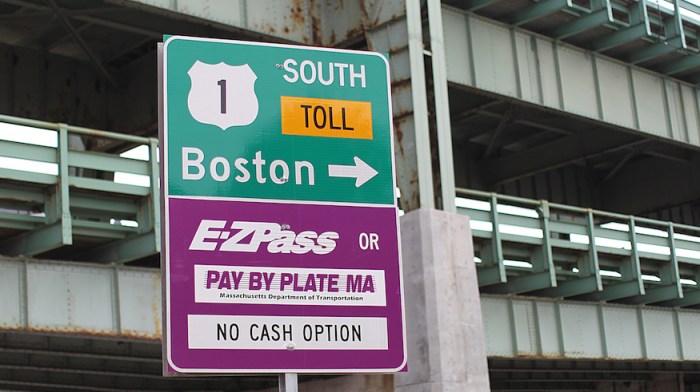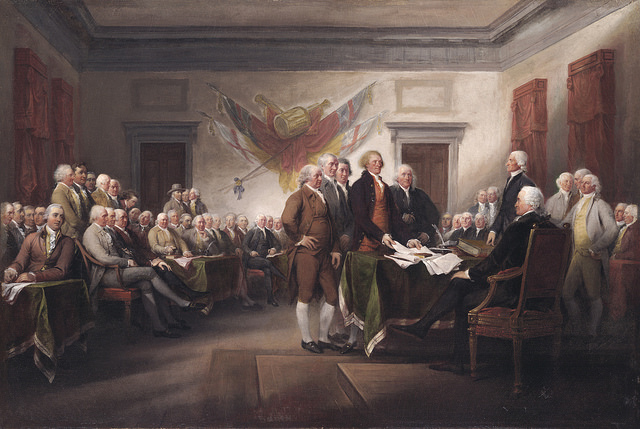Someone’s poop could be another person’s medicine at Boston Children’s Hospital, as part of an experimental new treatment that has prospective patients lining up and friends offering to donate their own poop.
Yes, you read that right. It might sound like a naughty child’s joke, but some doctors believe the secret to relief for patients with inflammatory bowel diseases may lie in someone else’s stool.
Fecal microbiota transplantation (FMT), also called stool transplant, fecal transplant and even a “poop pill,” is a medical procedure in which stool from someone who is healthy, and all the microbes and bacteria within it, gets transferred to someone who is sick.
FMT is somewhat of a trendy topic lately, said Dr. Stacy Kahn, a gastroenterologist at Boston Children’s Hospital, and for good reason — the practice has a 90 percent success rate when it comes to treating C. diff, a bacterial infection of the colon.
But scientists don’t really understand a lot about FMT yet, or all the instances in which it can be beneficial. That’s why Kahn is spearheading two FMT trials at BCH which she says are the first of their kind to study the effectiveness of fecal transplants on children and young adults.
“The idea is that somehow — and we’re still exploring how that is — we’re restoring the healthy bacteria to individuals whose disease is in a state called dysbiosis, which is a disruption in the normal balance of healthy bacteria, or microbes in the gut,” she said.
“Once [these microbes] are off-kilter or out of whack, they’re not doing their job,” she said. “We need to coexist with them in healthy harmony. When we have a disease, the body is not doing that.”
The trials are currently underway and specifically look at treating Crohn’s and ulcerative colitis, each a chronic disease and a major category of inflammatory bowel diseases which causes that imbalance in the gut bacteria.
The pilot trials are eight-week-long double-blind studies, with about 10 patients each for Crohn’s and ulcerative colitis. Some patients receive an FMT enema and also take the “poop pills” orally; others take a placebo. The donated material comes from Massachusetts stool bank, OpenBiome.
Since no studies have yet focused on kids and young adults, there are a few differences. The microbiome in children is “more malleable,” Kahn said, meaning they’re bodies are more responsive to changes.
Parents also have to consent to allowing their child to be in the trial. Coming to the hospital to receive treatments is no picnic for kids, Kahn said, but neither is their painful, chronic disease.
That’s why many patients are willing to try this treatment, despite the presumed “yuck” factor.
“The FDA came to us and said, ‘How do you know patients will do this?’” Kahn said. “They’re lining up at the door. We have waiting lists. People are very eager to get into studies.”
Patients just want to feel better, she said. Plus, they do plenty of other “yucky” treatments anyway. At least FMT is a way to gain attention and support.
“One kid [involved in the BCH trial] said their whole lacrosse team wants to donate [stool],” Kahn said. “When kids share this, they often get the community rallying around them.”
If these pilots go well, Kahn hopes to continue the study with even more patients. She’s excited about the possibility of FMT leading to truly customized medicine.
“We’re really at the tip of the iceberg and I’m really excited about this field,” she said. “My vision of the future is one where we can do microbial fingerprinting — to look at bacteria and microbes in your body, say you have plenty of this but deficient in that, and be able to create customize therapies. … I see this as the forefront to personalized medicine.”


















